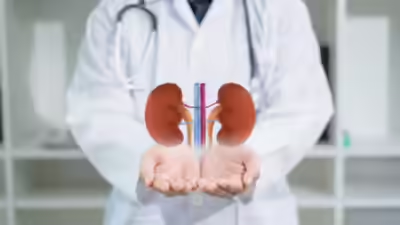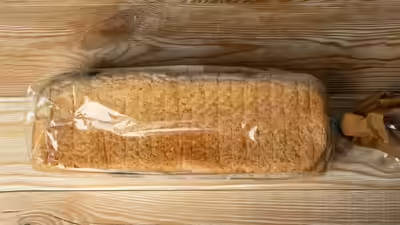6 Minutes Read | Listen to Article

Protein is the scaffolding of the body. It repairs, rebuilds, and sustains. Its sources are broadly twofold. Animal proteins such as meat, fish, eggs, and dairy are often celebrated as “complete” since they contain all essential amino acids in a single serving. Plant proteins such as beans, lentils, nuts, seeds, and whole grains may be considered “incomplete” individually, yet when consumed in variety they provide precisely what the body requires. Harvard research affirms that a diverse plant-based diet can easily meet protein needs without reliance on animal products.
The debate is not about adequacy but about consequence, particularly for the kidneys. Animal protein exerts a heavier toll. Johns Hopkins notes that its metabolism produces a higher acid load in the blood, forcing the kidneys to buffer and rebalance. Over time this relentless strain can damage the delicate filters within. Imagine running a washing machine perpetually on the heavy cycle and the wear is inevitable.
Plant proteins tell a gentler story. They generate less acid during digestion, sparing the kidneys excessive labour. Moreover, they arrive packaged with gifts animal protein cannot match: fiber, antioxidants, vitamins, and minerals, all while being lower in saturated fat and cholesterol. The American Kidney Foundation underscores this as a decisive advantage.
For individuals with chronic kidney disease the distinction is critical. Harvard’s Health blog highlights that substituting more plant protein can alleviate kidney stress, aid in controlling blood pressure and metabolic acidosis, and may even slow disease progression. The cardiovascular benefits are an added dividend. Plant-rich diets consistently correlate with lower cholesterol and reduced heart disease risk in contrast to the dangers of red and processed meats.
Though protein needs vary, particularly for dialysis patients, the broader lesson is unmistakable. Plant protein is not merely sufficient, it is protective. For kidneys and for long-term health the smarter choice is to let plants take centre stage.
**This news was published on Times of India on 28th August, 2025.
Source Click
 Smart Way to keep...
Smart Way to keep...
 National Red Wine Day...
National Red Wine Day...